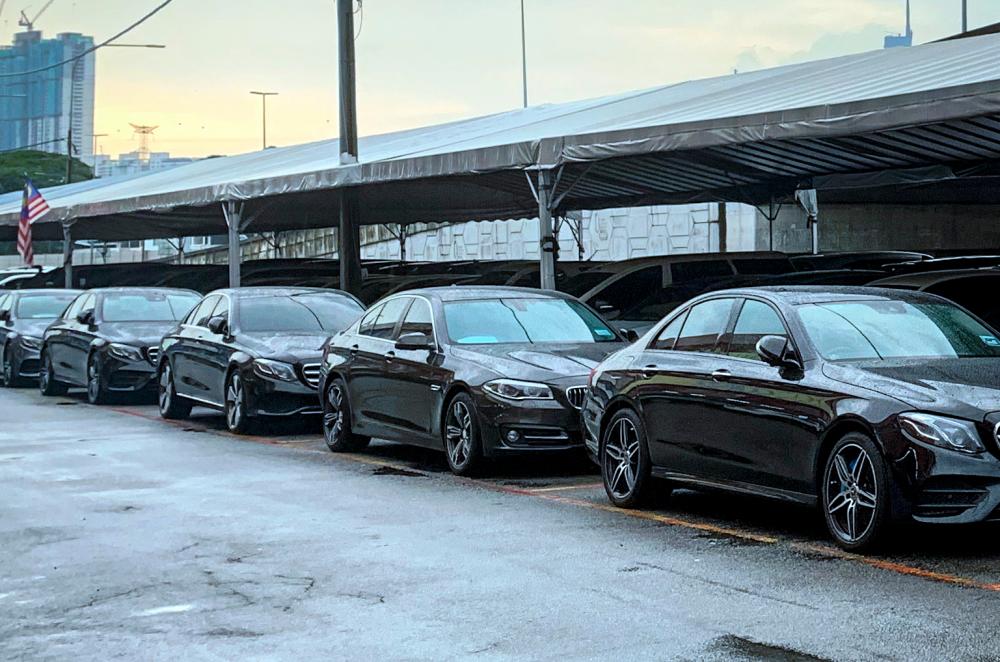PETALING JAYA: Marklines, a portal that serves companies in the automotive industry, said new car sales in Malaysia jumped to 718,748 units for the first 11 months of 2023, an increase of 11.5% from the previous year, although total vehicle sales are expected to drop by 7.5% this year.
However, the National Consumer Complaints Centre (NCCC) said despite the considerable sales, Malaysians continue to face issues with their rides.
“A total of 50 complaints related to new cars were recorded between May 2023 and May 2024, including frequent breakdowns, persistent engine malfunctions, defective air conditioning systems, faulty sensors and gearbox failures.”
It said many individuals also expressed frustration with lengthy repair times and unresolved defects despite multiple service attempts, highlighting the need for stronger consumer protection measures.
Meanwhile, a Lemon Law, which is a consumer protection law that helps buyers of defective vehicles make claims and ensures accountability among car manufacturers and dealers, is still in the works.
On Oct 18, Domestic Trade and Cost of Living Minister Datuk Armizan Mohd Ali told parliament that the law is in its final phase.
“A technical committee has told a consultation team to study a new
component of the proposed law.
“With this, the full study (on the law) will be presented to the ministry,” he said.
Federation of Malaysian Consumers Associations (Fomca) vice-president Datuk Indrani Thuraisingham said the introduction of the Lemon Law would mark a significant step forward in safeguarding consumer rights and enhancing confidence in the automotive sector.
“This law will not only protect buyers but also encourage manufacturers and dealers to maintain higher standards in the products and services they offer.
“They must also repair defective vehicles as required by law. The Consumer Protection Act 1999 already imposes such responsibilities, but the Lemon Law would ensure strict compliance.”
She said there are several hurdles that buyers of defective vehicles currently face.
For instance, owners of faulty vehicles costing over RM50,000 cannot demand a replacement through the Malaysian Consumer Claims Tribunal, and are forced to file a civil suit in court.
Another challenge is to obtain an approval letter from the vehicle financier due
to ownership issues under the Hire Purchase Act 1967.
“The law considers the bank or financial institution as the vehicle owner, while the consumer is only a lessee until full payment. This complicates claims,” she said.
Indrani also highlighted key differences between Malaysia’s current consumer protection laws and those in Singapore.
She said Singapore consumer laws include the presumption that defects found within six months of a vehicle purchase existed at the time of delivery unless proven otherwise by the seller.
“In Malaysia, the burden of proof lies entirely with consumers, making it difficult to hold traders accountable.
“A six-month timeframe for claims is reasonable and Malaysia should follow the Singapore example.”
Indrani urged the government to ensure that the proposed Lemon Law covers both new and pre-owned vehicles, and stressed that used cars should undergo inspections by the Computerised Vehicle Inspection Centre and Road Transport Department to ensure they are in good order before being sold.
She said complaints about mechanical issues, tampered odometers and cannibalised parts from scrapped cars that are reused in pre-owned cars point to the urgent need to extend coverage of the Lemon Law.
“The government can work with NCCC and Fomca to conduct regular surveillance and monitoring, and use the NCCC dedicated complaints platform to collect specific data and develop a report card regarding complaints on new car models nationwide,” she added.









